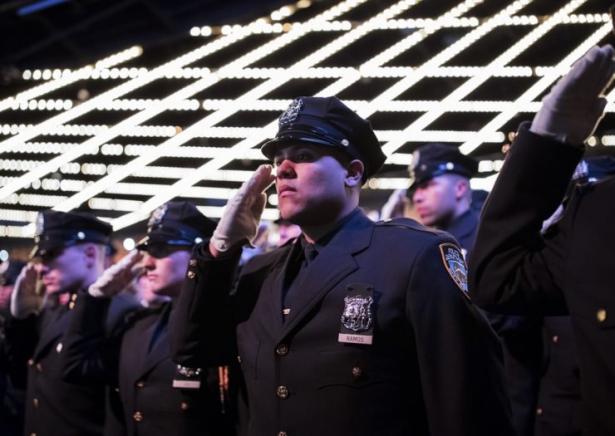The institution of policing doesn’t deserve the unquestioned authority and purpose people give it in the United States. Fraud, corruption, and violence are too commonfor the institution and the systems connected to it to be trusted by default. While the conversation about how unjust “the justice system” in the United States is has gained some headway—especially regarding the racism of mass incarceration, a direct byproduct of discriminatory law enforcement—policing remains woefully legitimate in the hearts and minds of even well-intentioned folks.
Instead of dismantling the institution, advocates will often push for reform measures, such as body cameras, changes in gear, or calls for diversity in hiring. For their part, police defensively advertise themselves by using avenues like social media to post videos intended to be evidence of their positive work in Black communities and with other groups they otherwise have deemed more prone to criminal activities, as if these isolated actions can undo decades of police brutality. Neither of these efforts gets to the root of the issue, and only by doing so can we begin to address these racist practices.
To the assertion that the police simply need to be better trained, we must ask, better trained in what? The history of policing in the United States makes clear the police are in fact trained to discriminately execute, brutalize, and detain people, many of whom haven’t done anything against the law. Once you come to understand the institution’s ties to white supremacy, it becomes clear the system is toxic and cannot be fixed. So instead of spending more time trying to reform the institution, we should focus on delegitimizing police and ramping up well-organized approaches that benefit our communities.
Throughout history, the state has used the police force as a tool to uphold white supremacy. Before the institution was what we know it as today, patrol officers of different forms helped enforce brutality against Native people, fugitive slave laws, the “black codes,” xenophobic policies, and Jim Crow racist segregation. Past to present, the relationship between policing and white supremacy has been deeply intertwined and mutually beneficial, preceding our modern understanding of ideological whiteness itself.
Because whiteness is typically seen as safe and associated with “law and order,” people often look to the police for protection instead of questioning the need for the institution itself. We know that with police, those of us who are most disposable according to white supremacy are at risk of being murdered and incarcerated. Our existence every day is met with the insatiable violence of a system that has fought long and hard to repress us at all costs—a violence the media has downplayed. The media often depicts police brutality as isolated incidents or recent phenomena, instead of connecting the countless acts as part of the normal, established behavior. This violence is depicted in nearly every aspect of popular culture, and not because it’s imaginary; comedians, sitcoms, and music address it regularly in some form because it’s an everyday reality. This daily dread is not worth clinging to out of fear of the unknown, meaning a world without the police.
Continue reading on Rewire.News


Spread the word